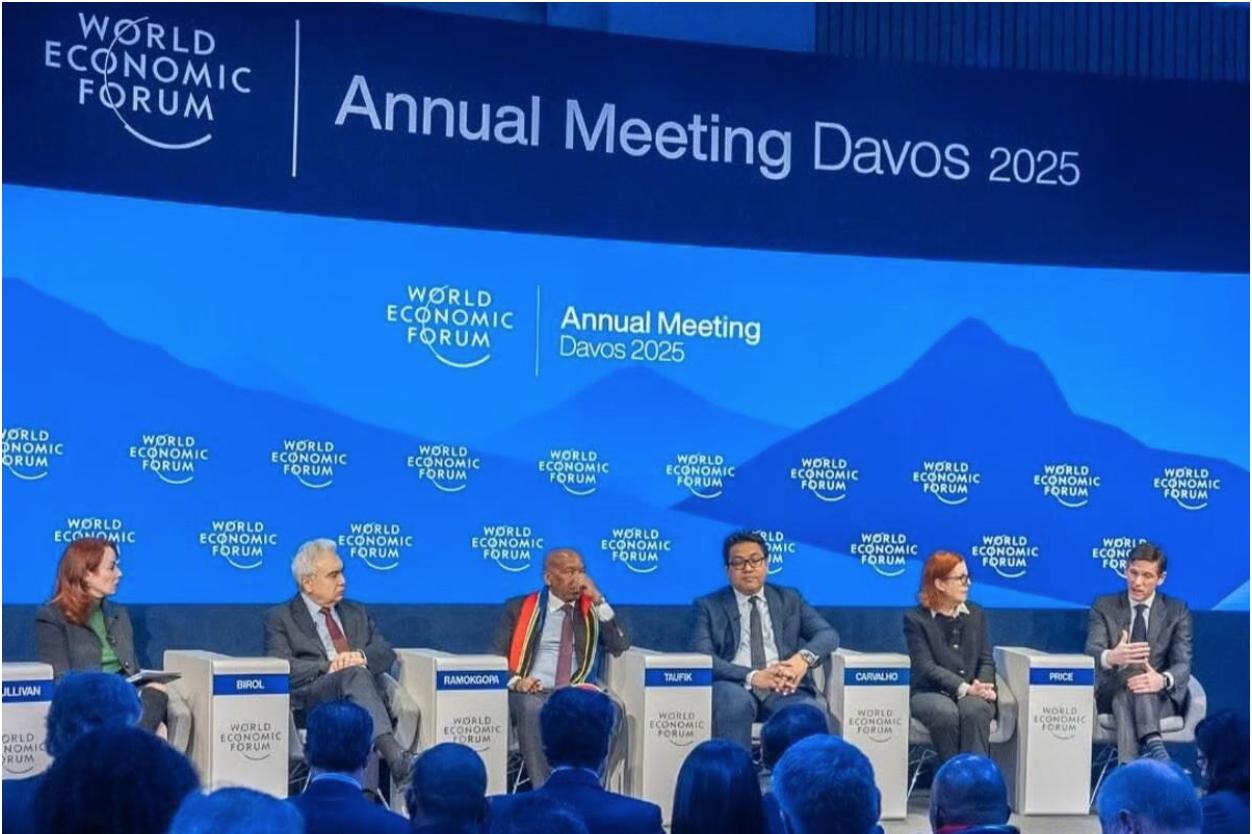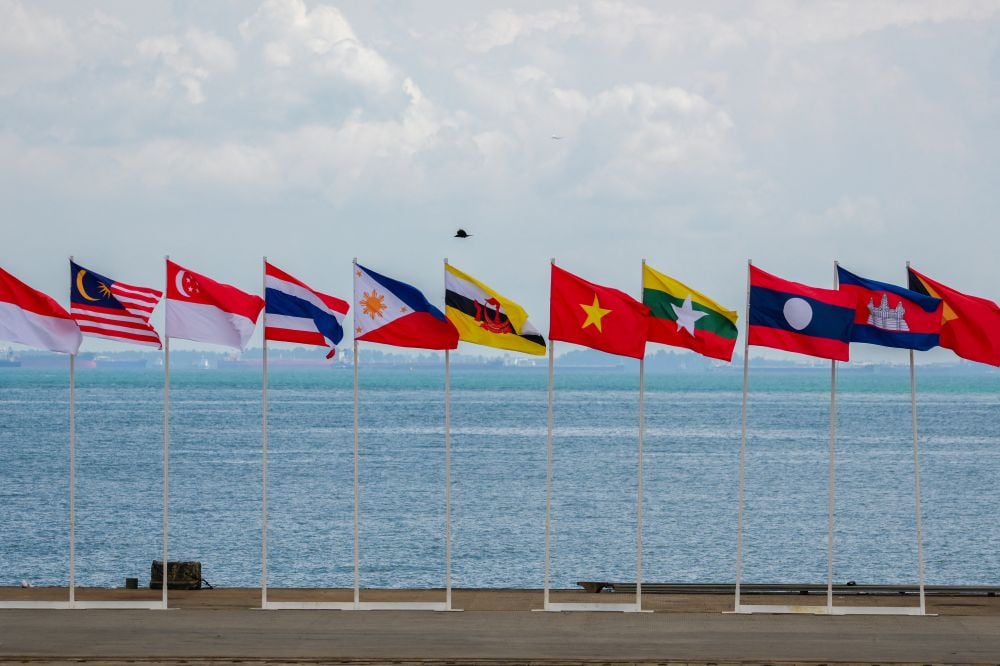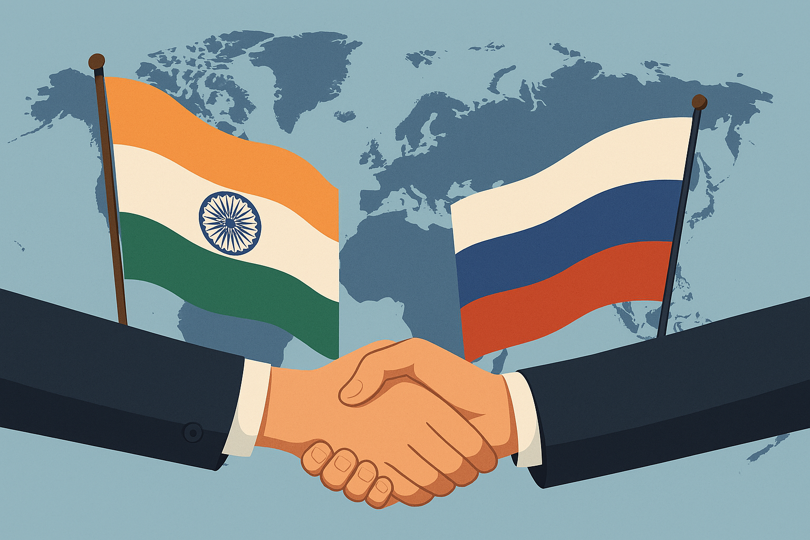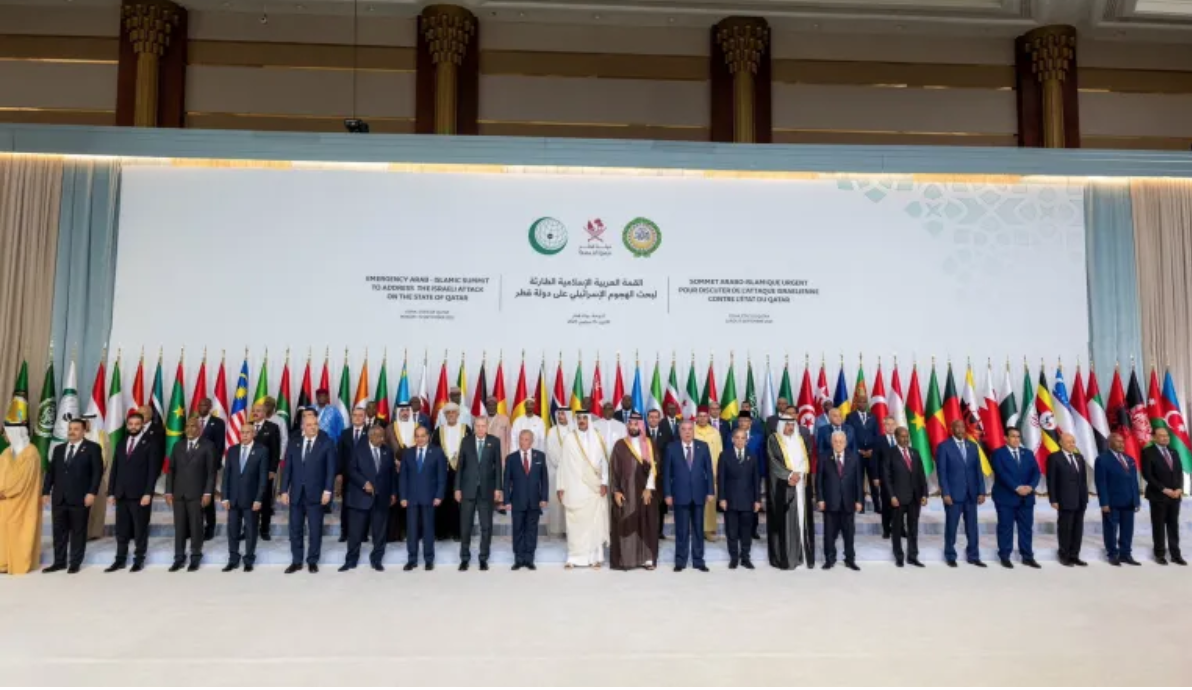The 2025 World Economic Forum (WEF) Annual Meeting, held in Davos from January 20–24 under the theme “Collaboration for the Intelligent Age,” served as both a mirror and a testing ground for the state of global cooperation. While the gathering underscored the urgency of collective action in a world grappling with climate risks, technological disruption, and widening inequalities, it also revealed deep fractures in the multilateral system. At the heart of the forum were five priority areas: rebuilding trust, reimagining growth, safeguarding the planet, advancing industries in the intelligent age, and investing in people. Climate action and artificial intelligence (AI) dominated discussions. AI was framed not merely as an economic tool but as a transformative force capable of reshaping industries, enhancing efficiency, and addressing global challenges such as climate adaptation. Importantly, the WEF emphasized incremental milestones—rather than distant goals—as crucial for maintaining momentum toward net-zero commitments. Businesses, in particular, were urged to embed sustainability within their core operations, positioning corporate responsibility as a cornerstone of future governance.
Yet, geopolitics intruded sharply into the optimism. The return of Donald Trump to the White House reverberated throughout Davos, sparking anxieties over his protectionist trade policies, deregulatory agenda, and pro-fossil fuel stance. His remote participation—emphasizing isolationism and economic nationalism—signaled a reduced U.S. commitment to multilateral institutions. This rhetoric not only challenged global climate ambitions but also highlighted the growing divide between nationalist policy agendas and the demands of interdependence. Against this backdrop, the Global Cooperation Barometer 2025 offered a sobering assessment. While cooperation remains above pre-pandemic levels, overall progress has stagnated since 2020. The peace and security pillar has seen the steepest decline, weighed down by escalating conflicts and record displacement, while innovation and climate cooperation showed relative resilience. Trade fragmentation, unequal access to technology, and declining health cooperation painted a picture of uneven progress.
The challenges underscored at WEF 2025 reflect both systemic and structural obstacles. Nationalism, digital divides, geopolitical rivalries over critical minerals, and the absence of enforcement mechanisms for global commitments have all undermined trust in international institutions. The widening gap between developed and developing economies—particularly in climate finance and AI governance—further complicates consensus building. Nevertheless, the forum also highlighted pathways toward renewed cooperation. Calls for innovative and flexible partnerships were coupled with appeals for equitable trade policies and inclusive finance. Notably, Dr. Muhammad Yunus advocated for a global framework ensuring fair access to capital, especially for marginalized communities in the Global South, while stressing the transformative role of youth in shaping inclusive futures. His interventions reflected the need for systemic reforms that transcend short-term national interests.
In conclusion, WEF 2025 reaffirmed the necessity of collective action in an era of fragmentation. Its vision of inclusive growth, sustainability, and strengthened multilateralism presents a compelling roadmap. Yet, the true test lies in implementation: moving from rhetoric to meaningful cooperation that bridges divides and ensures resilience. The crossroads at which global cooperation stands today will determine whether the promises of the “intelligent age” are realized or squandered in a tide of polarization.





